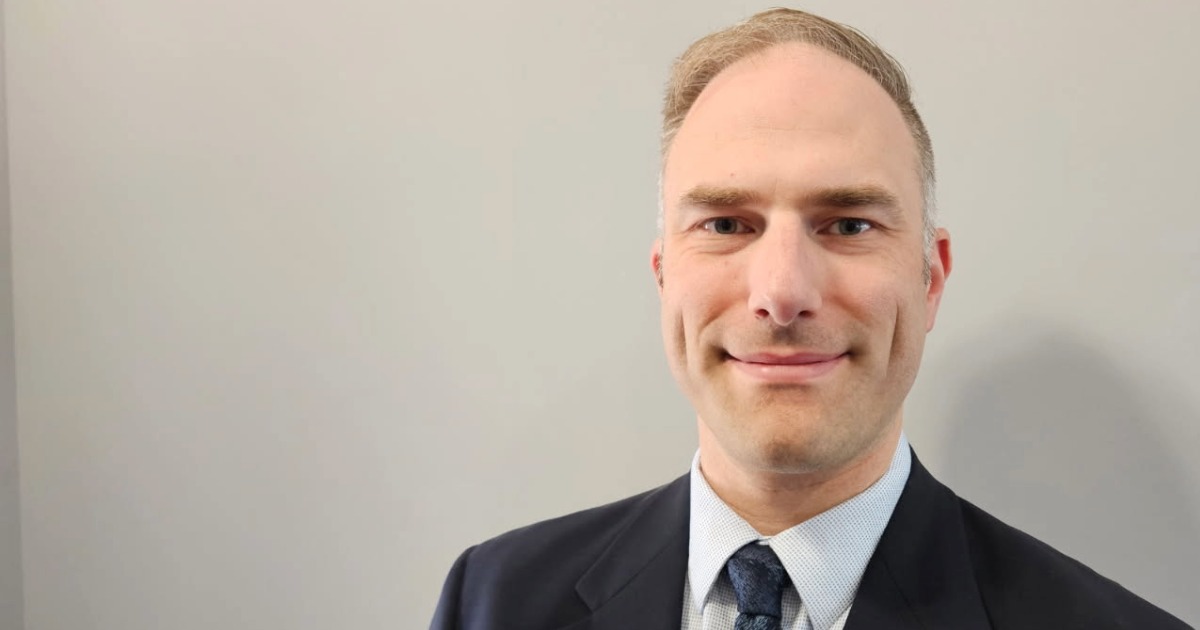
Rich Berner is president, International and Sunrise Business Unit, at Allscripts. He oversees all international operations and growth, as well as the Sunrise business unit, which provides healthcare organizations with technology to achieve world-class outcomes including operational efficiencies, improved financial performance and better patient care.
Allscripts is a leader in healthcare information technology solutions that advance clinical, financial and operational results. Its innovative solutions connect people, places and data across an Open, Connected Community of Health™. Connectivity empowers caregivers to make better decisions and deliver better care for healthier populations.
Q: What are the biggest changes needed in healthcare in the near term?
A: Across the globe, Allscripts sees similar challenges facing healthcare providers and patients. In general, there is a large aging population of people facing a growing number of chronic conditions putting more stress on the healthcare system. This surge in demand for ongoing care causes a strain on access to limited healthcare resources. At the same time, costs to provide healthcare services are rapidly rising at an unsustainable level. In response to these two factors, governments and payers are looking to clinicians to provide improved care while at the same time lowering costs.
The current model of patient care needs to change. Right now, we wait until the patient presents with a problem, at which point the clinician makes a diagnosis and hopefully provides a successful treatment plan. This is not a sustainable model to achieve the dual goals of improving patient care and lowering costs. To truly increase quality and lessen expenditures, we need to proactively and predictably manage whole populations across all venues of care.
Q: What do you see as the biggest hurdle to overcome in healthcare to achieve the goals of improving care while lowering costs?
A: The most significant obstacle is how to better patient engagement, both individually and across communities. You can have the best protocols and providers, but if you can’t get patients to change their behaviors, you’re not going to be able to meaningfully improve the cost meter and patient outcomes. Only 10 to 15 percent of a person’s health status is dependent on the care received as a patient. The rest is dependent on behavior, genetics and socio-economic factors.
Big data is going to play a big role in better engaging patients. By being able to aggregate data from across a community and then run analytics on it, we’re able to provide people with better information at the point of care in the hospital or at home about choices they need to make. Behavior guidelines that are evidence-based and personalized for their conditions will have the most impact.
Q: What role does interoperability play in aggregating and analyzing data to better manage healthcare across patient populations?
A: We already have lots of evidence that demonstrate improved patient outcomes when clinicians have a complete picture of a person’s health history and clinical data. Open access between EMRs enabled by solutions like Allscripts dbMotion makes it possible for caregivers at every point of care to improve treatment plans.
Layer interoperability on top of open access, and we’re able to start doing something truly significant. By aggregating and harmonizing data from multiple EMR systems across patient populations, we’re now able to do meaningful analytics and develop high-impact care plans. Over time, interoperability should transcend all points in the healthcare continuum including patients, healthcare providers, payers and pharmaceutical companies.
I’m proposing a seismic shift worldwide in the way we think about the healthcare system. By sharing information, we can move from caring for individuals in specific settings under a fee-for-care model to managing the health of populations across communities. Technology is the enabler, but the challenge is to make sure the data moves seamlessly across influencers in the chain of care.
Q: What in healthcare do you feel is flying under the radar that deserves greater attention?
A: Coordination of care doesn’t get enough attention. We need to challenge ourselves to develop new, non-traditional methods that address both care at healthcare facilities and management of the overall health of a population. It will require the right tools to help us understand the health factors of populations in aggregate. Coordination of care for entire populations based on the meaningful analysis of big data sets is the next step.
There are a lot of brilliant clinicians in the world, but getting their new methods of care coordination developed from research to realization takes time. The good news is open access and interoperability can free data from disparate EMRs and provide the evidence needed to speed the process.
Population care plans still need to be personalized for a person’s specific condition, socio-economic environment and, in the near future, genetic makeup. The dual implementation of population care plans informed by clinical data from across communities, then personalized for the specific needs of patients will help accelerate the initiatives to increase quality of care while lowering costs.


